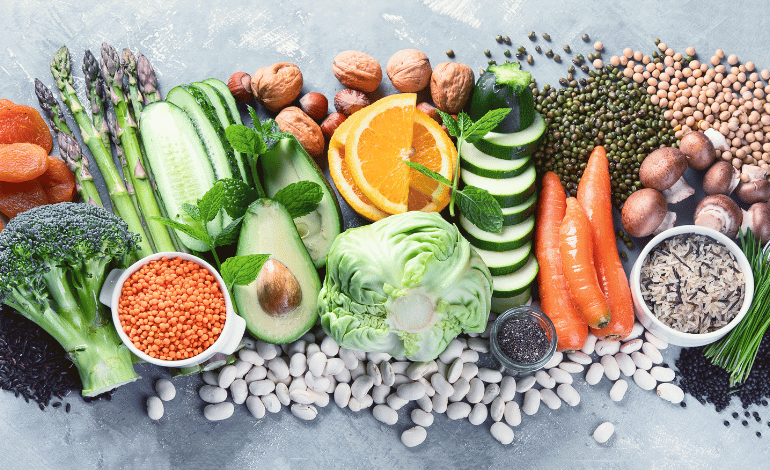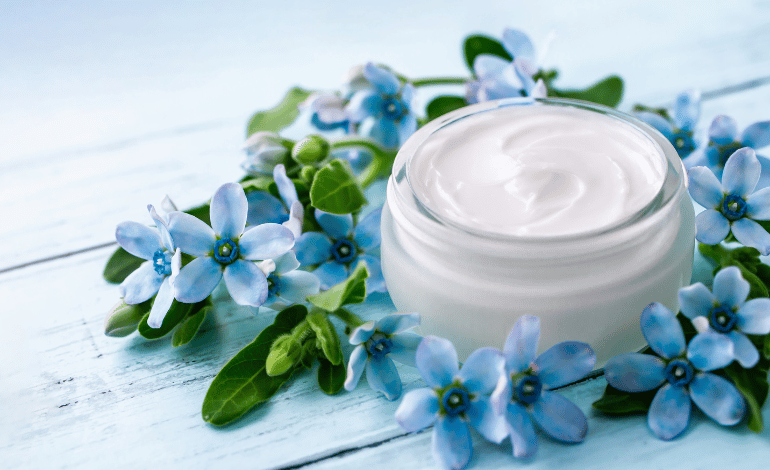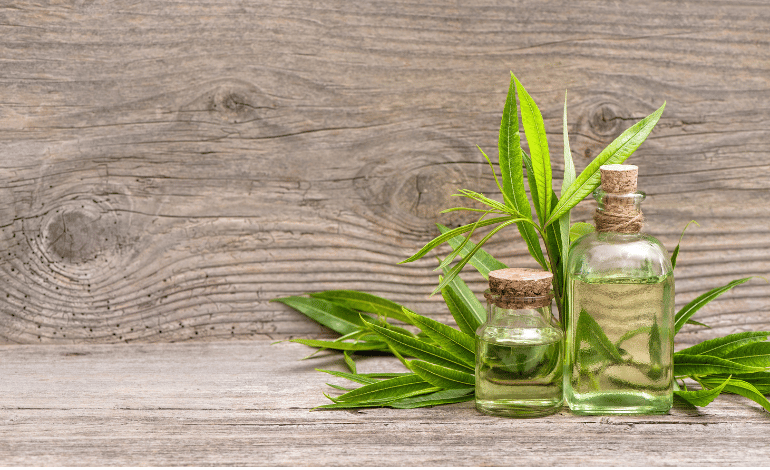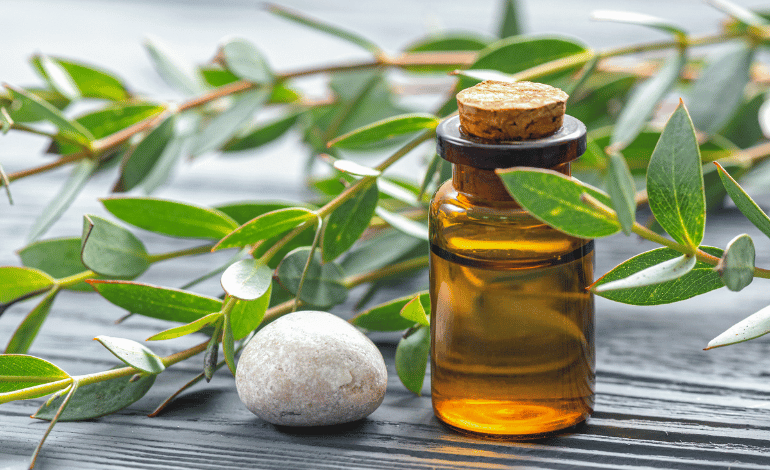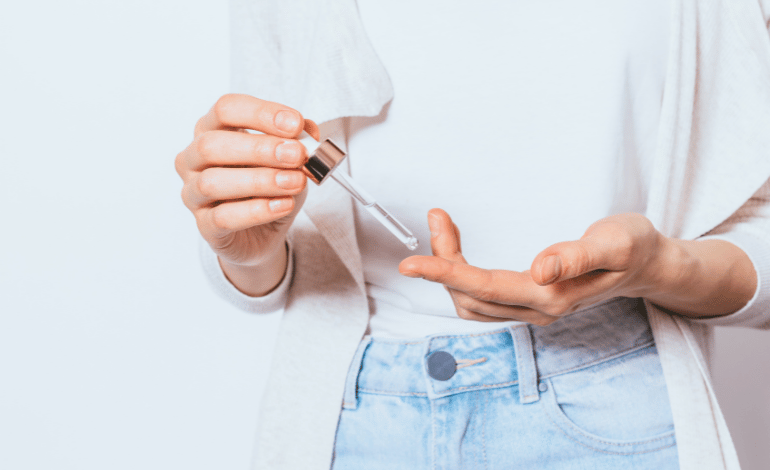How to Raise Your Hemoglobin Levels Naturally
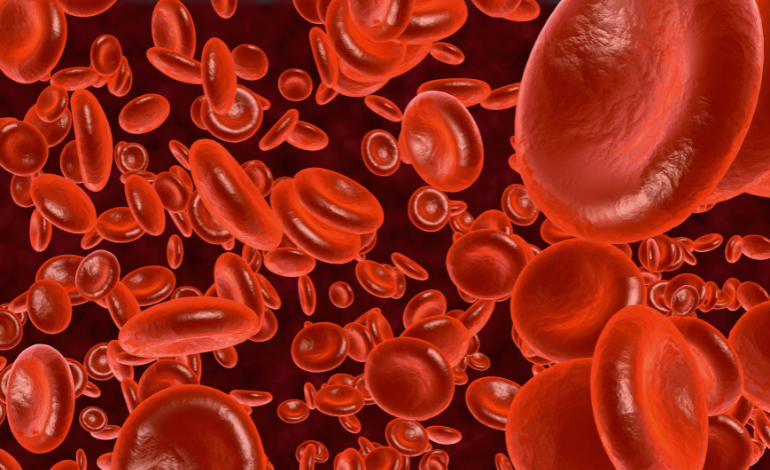
Hemoglobin is a protein present in red blood cells that helps transport oxygen throughout the body. Low levels of hemoglobin can result in anemia, a condition characterized by fatigue, weakness, and shortness of breath. While medical intervention may be necessary for severe cases of anemia, there are several natural ways to boost your hemoglobin levels. In this article, we’ll explore the causes of low hemoglobin levels and provide actionable tips for increasing your hemoglobin levels naturally.
Understanding Hemoglobin and Anemia
What is Hemoglobin?
Hemoglobin is a type of protein that is found in red blood cells, and it plays a critical role in transporting oxygen to various parts of the body. It also helps transport carbon dioxide out of the body.
What is Anemia?
When your body doesn’t produce enough red blood cells to carry oxygen to your body’s tissues, a condition known as anemia can develop. This can be caused by a lack of hemoglobin or a low number of red blood cells.
Causes of Anemia
There are various factors that can cause anemia, such as:
- Iron deficiency
- Vitamin deficiencies (especially vitamin B12 and folic acid)
- Chronic disease
- Blood loss (such as during menstruation or from an injury)
- Bone marrow problems
Symptoms of Anemia
The symptoms of anemia can include:
- Fatigue
- Weakness
- Shortness of breath
- Headaches
- Dizziness
- Pale skin
- Cold hands and feet
If you are experiencing any of these symptoms, it is important to consult with your healthcare provider.
Diet and Nutrition
Iron-Rich Foods
One of the most effective ways to increase your hemoglobin levels is to eat a diet rich in iron. Iron is an essential component of hemoglobin, so it’s crucial to ensure you’re getting enough of it in your diet. Some iron-rich foods include:
- Red meat
- Poultry
- Fish
- Lentils
- Spinach
- Beans
- Tofu
- Iron-fortified cereals
Vitamin C
The intake of vitamin C can aid in the efficient absorption of iron in your body. To increase your iron intake, it’s a good idea to pair iron-rich foods with foods high in vitamin C, such as:
- Citrus fruits (oranges, grapefruits, etc.)
- Strawberries
- Tomatoes
- Bell peppers
Folic Acid
Folic acid is essential for the production of red blood cells. You can find folic acid in:
- Leafy green vegetables (spinach, kale, etc.)
- Asparagus
- Broccoli
- Beans and legumes
- Citrus fruits
Vitamin B12
Vitamin B12 is also essential for the production of red blood cells. You can find vitamin B12 in:
- Red meat
- Poultry
- Fish
- Eggs
- Dairy products
- Fortified cereals
Lifestyle Changes

Exercise
Regular exercise can help increase your hemoglobin levels by stimulating the production of red blood cells. Try to engage in moderate exercise, like walking, cycling, or swimming, for a minimum of 30 minutes each day.
Yoga
Certain yoga poses, such as inversions, can increase blood flow to the head and stimulate the production of red blood cells. Consider adding yoga to your exercise routine.
Avoiding Caffeine and Alcohol
Both caffeine and alcohol can interfere with iron absorption, so it’s best to avoid them or limit your intake.
Reducing Stress
Stress can affect your body’s ability to produce red blood cells. Incorporate stress-reducing techniques into your routine, such as meditation, deep breathing, or yoga.
Alternative Therapies
Acupuncture
Acupuncture is a technique used in traditional Chinese medicine, where thin needles are inserted into specific points on the body. Some studies have shown that acupuncture can help increase red blood cell production.
Ayurveda
Ayurveda is a traditional Indian medicine system that focuses on balancing the body’s energies. Certain Ayurvedic herbs and supplements, such as ashwagandha and guduchi, may help increase hemoglobin levels.
Herbal Remedies
Certain herbs, such as nettle and dandelion, may help increase hemoglobin levels. It’s essential to speak with your healthcare provider before taking any herbal supplements.
Homeopathy
Homeopathy is an alternative form of medicine that stimulates the body’s natural healing processes by using highly diluted substances. Some homeopathic remedies may help increase red blood cell production.
Conclusion
Low hemoglobin levels can cause anemia, a condition that can lead to fatigue, weakness, and shortness of breath. By incorporating iron-rich foods, supplements, and lifestyle changes into your routine, you can boost your hemoglobin levels naturally. Remember to speak with your healthcare provider before making any significant changes to your diet or lifestyle.
FAQs
Q1. What are some iron-rich foods that can boost my hemoglobin levels?
Ans. Some iron-rich foods include red meat, poultry, fish, lentils, spinach, and beans.
Q2. Is it safe to take iron supplements?
Ans. Iron supplements can be safe and effective when taken as directed. However, it’s essential to speak with your healthcare provider before taking any supplements.
Q3. Can stress affect my hemoglobin levels?
Ans. Yes, stress can affect your body’s ability to produce red blood cells.
Q4. Can exercise increase my hemoglobin levels?
Ans. Yes, exercise can stimulate the production of red blood cells and increase hemoglobin levels.
Q5. Can I have too much hemoglobin in my blood?
Ans. Yes, having too much hemoglobin in your blood can be dangerous and lead to conditions such as polycythemia. It’s essential to speak with your healthcare provider about your hemoglobin levels.



